In situations where we have to decide on the actions we will take, we evaluate the different options logically and come to a conclusion. But cognitive distortions cause us to leave logic behind and push us to make wrong decisions. To get rid of them, we must first get to know them.
differing from each other, which often adversely affect our thought process. our cognitive distortions has. These trends are; They show up in discussions, shopping, meeting someone, defending an idea, and many more. So, what is this cognitive disposition?
Cognitive distortions roughly unreal It’s called making connections. These connections, which are beyond logic, push us to make wrong decisions. Examples of cognitive distortions include overgeneralizing, appealing to fake discounts, and seeing someone as overly innocent. Bride to eliminate Let’s take a closer look at 50 such situations that you should be aware of first.
Here are 50 cognitive distortions and examples/explanations you may be carrying without realizing it:
Fundamental attribution error: once we see someone else angry they are always angry, when we are angry we are just having a bad day
Self-serving bias: our success is always our own, if we fail it is always due to some outside factor
- He left just because he hit
Highlighting those in the same group: When we stop talking to someone, we feel warmer to the person who stopped talking with us than to someone else who is still talking to that person
Herd Psychology: Everyone buys NFT and invests in crypto, even though we ‘have no idea’ we should too (Prefer to learn about the subject first)
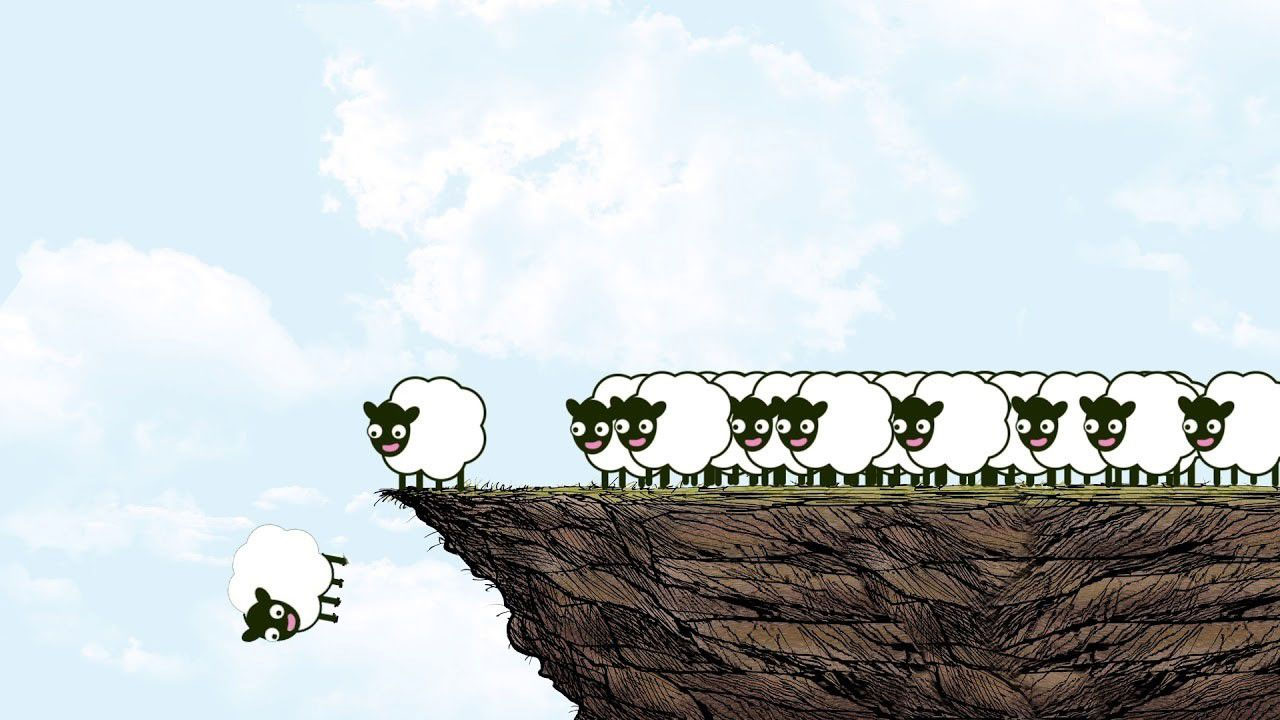
Groupthink: Even if the opinion of our superior at work is wrong, we must approve it, the aim is not to conflict with anyone. Or even if we don’t want to skip the class, we should go with our friends so as not to clash with them.

Halo Effect (In other words, “I don’t have Kemal” effect): He looks like a master, he certainly won’t hurt an ant.

Moral coincidence: Of course, there is only one reason why there is an earthquake in Izmir…

False partnership: Every married couple wants kids, or anyone who has to choose between $10 million and a girlfriend chooses money (We think more people think the same way than we actually do)
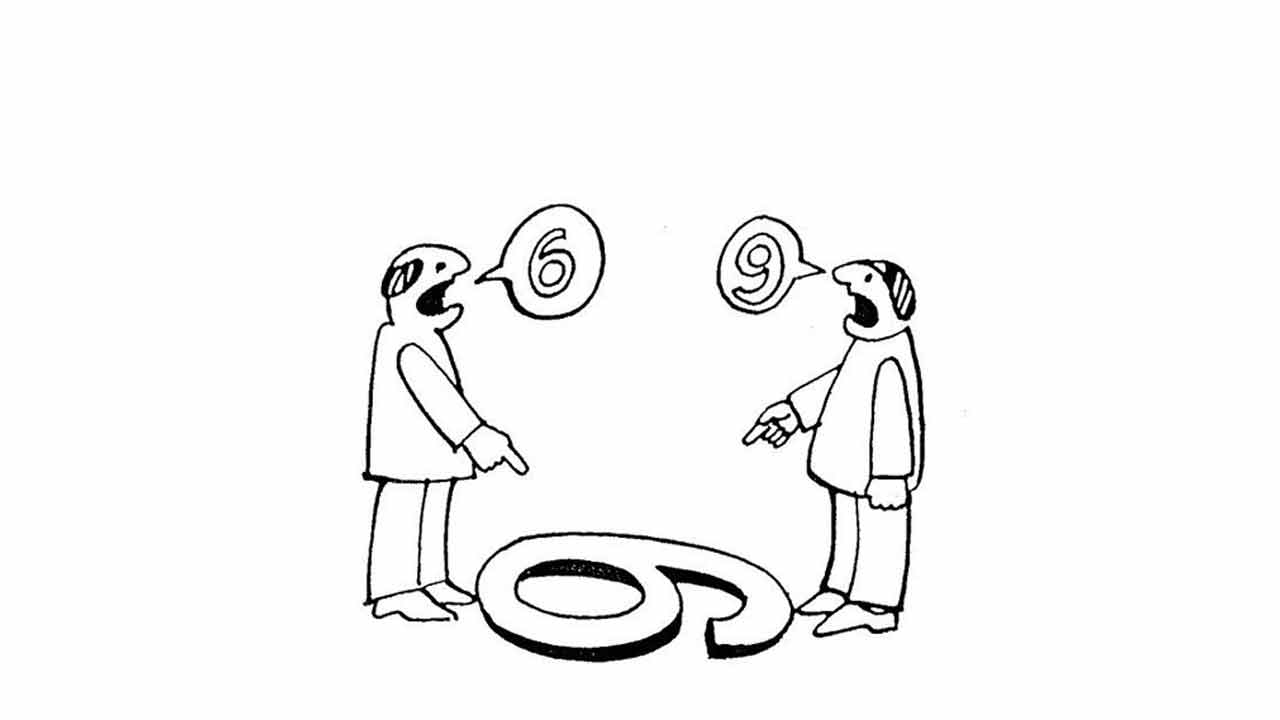
Curse of knowledge: How, as an expert, they don’t understand what I’m talking about how the stock market works, quite simply (because they don’t have the same background)

Spotlight effect: I slipped and fell, people around will laugh about it for years, I’m disgraced! (no one cares)

Accessibility shortcut: In a video I saw a bullet train go off the rails, so the amusement parks are not safe (We use the shortest possible route, albeit illogical, to reach a conclusion)

Defensive attribution: The driver was involved in the accident because he was drunk.

Just World thinking: Bad things happen to us if we do bad things, and good things happen to those who do good.
Naive realism: I see the world as it is, and you are biased by your religion and what you believe in.

Naive cynicism: Planting thousands of trees just for show, I don’t think it has anything to do with good intentions

The Barnum effect: No dude, this fortune telling is definitely telling me, Aries doesn’t like to share their girlfriend, and neither do I! How accurate did you see it? (Don’t reduce something that can be generalized to the specific, to ourselves)
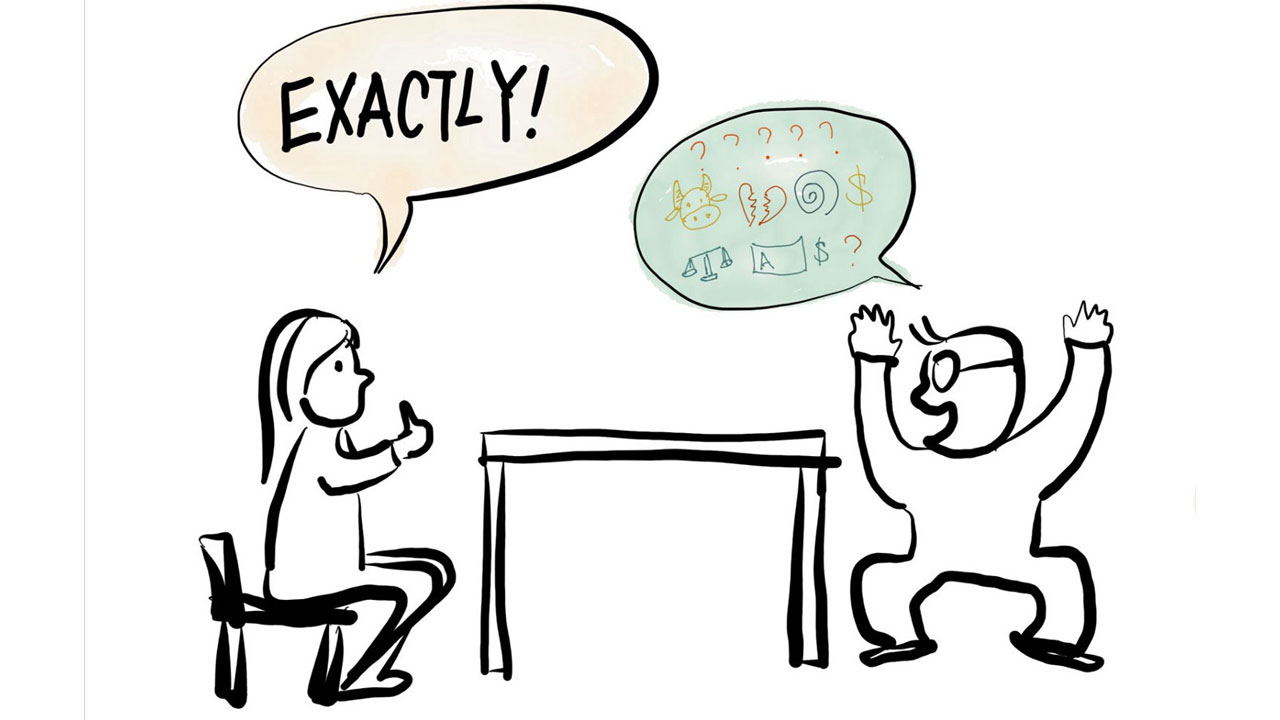
Ignorant courage: Burgundy berets can stay out of breath under water for 3 days, if you don’t believe it, go research it (Not the knowledge, but the self-confidence of the speaker providing credibility)

Anchoring: I’m stuck between two boots. One of them is 200TL and the other one has decreased from 350TL to 200TL. I should definitely get the discounted one.

Inclination towards automation: I’ve prepared my 32-page homework, I can’t bother checking for spelling mistakes, autocorrect takes care of it anyway (autocorrects often don’t show the word spelling incorrectly as long as it’s correct, so a word that doesn’t fit in the sentence stays there as if it’s correct)

Google effect: I looked at it 10 times at different times but forgot the name of that singer again
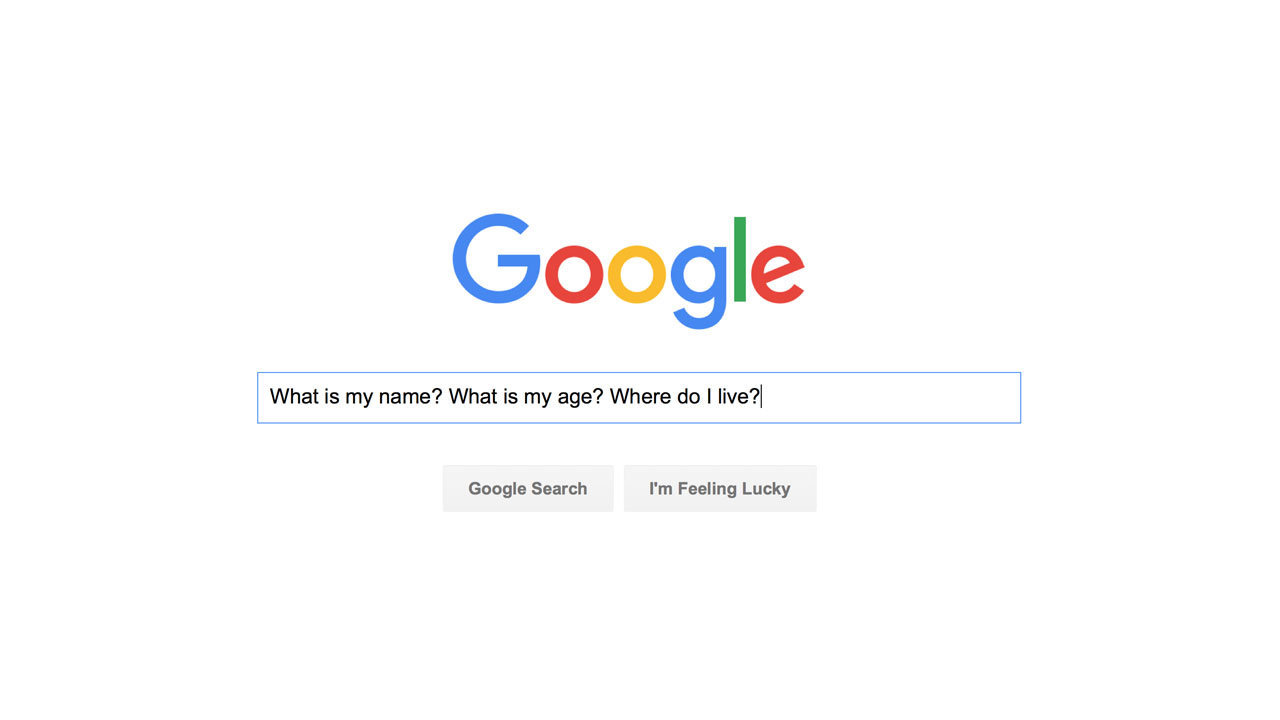
Responsiveness or, in other words, ‘bans are for breaking’: If I ban the phone to my child, whom I have used to the phone, the problem is solved (the phone will be more attractive)

Confirmation bias: Coffee has been shown to help stay awake. For this reason, I advocate excessive coffee consumption, but my friend thinks it is wrong because he is losing his sleep (interpretation of the same subject according to different opinions)
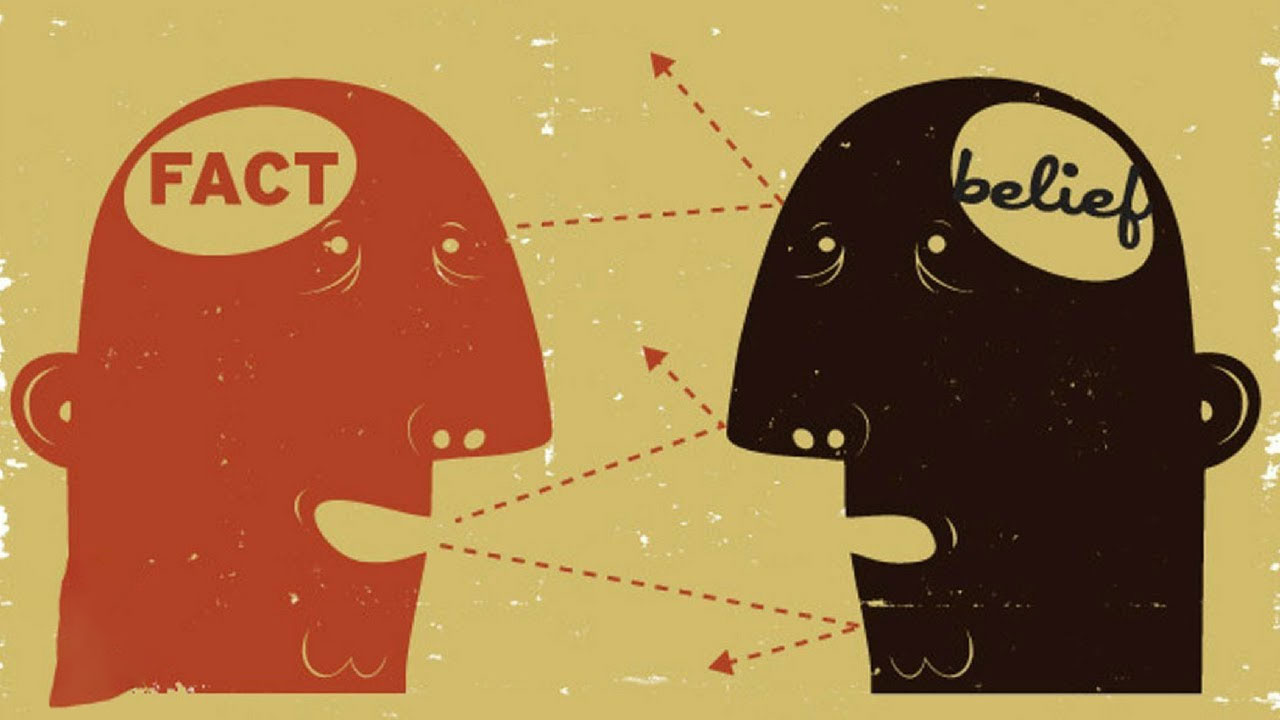
The rebound effect: he lined up in front of me in rows of documents proving that the Earth was not flat, I became more attached to the idea that it was flat.

Third-party influence: The media is giving us messages, but it can only affect others, not me

Belief bias: I keep being told that the moon didn’t actually land, and my friend supports this by saying that the flag doesn’t look realistic (This isn’t a supportive thing, but it serves the same belief, so it’s not persuasive, it’s reasoning)
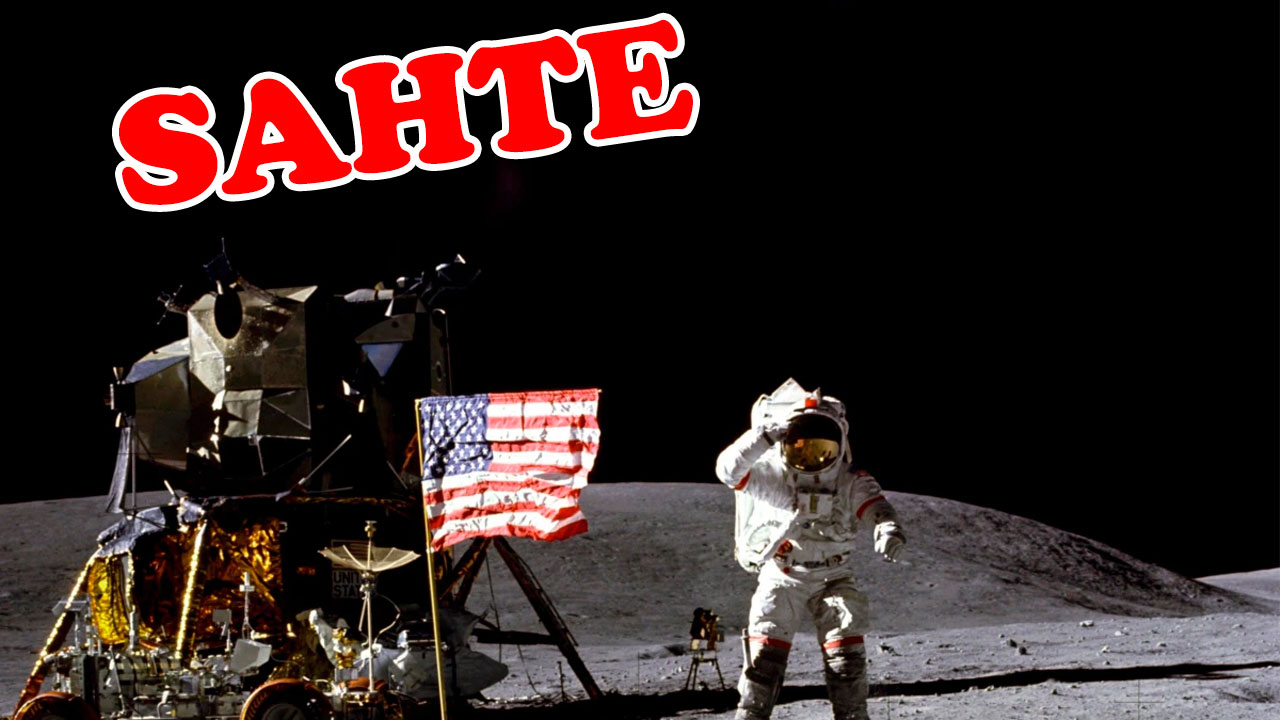
Availability crash: (After a news report showing that Coke is harmful) Coke has bugs in it, no one should buy it! (The situation where the thought comes true when repeated enough)

Withdrawal: It wasn’t like that in our time, now nobody has any respect. We are going downhill as a society. (The state of glorifying the past and vilifying the future)

Status Quo: What can I do if this app can take my information and share it in different places? I don’t want to disturb my comfort, should I look for a different application? (yes call)

The sunk cost fallacy: it doesn’t matter if this investment has been on the decline for a few weeks, it could skyrocket at any time. That’s why I will continue to invest in it.
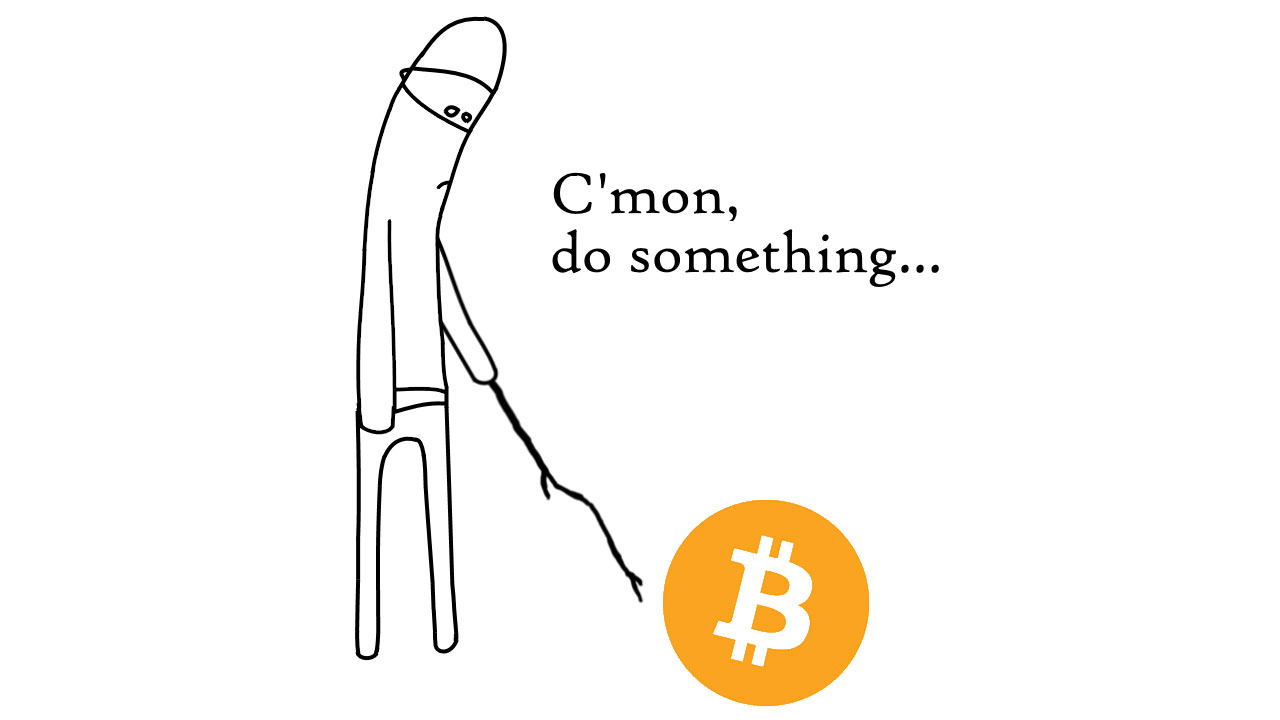
Gambler’s fallacy: The answer to the last three questions was A, I’ll eliminate A in the next one (Your teacher can prepare 20-question tests, each with an answer of A)
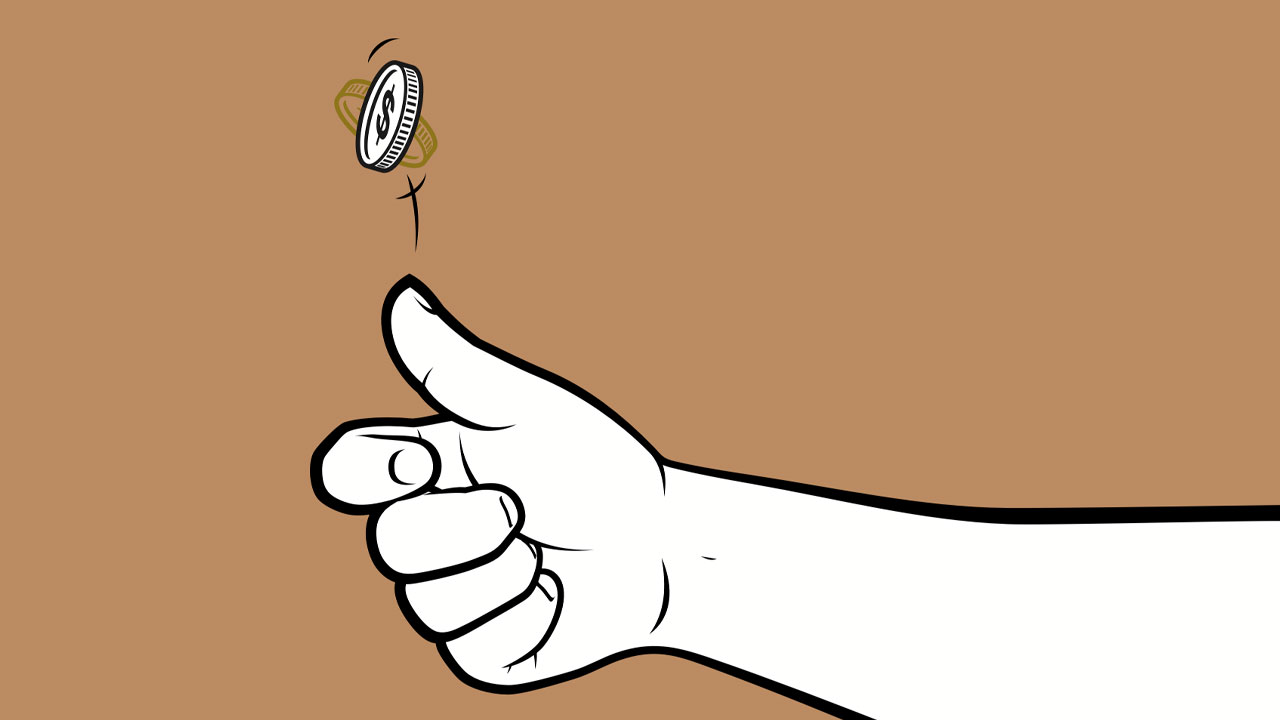
Zero-Risk Bias: When buying a computer, I should also buy all the additional protection packages so that I don’t have to worry about it later.

Framing: The difference between “This soap removes 99.9 percent of germs” and “This soap doesn’t remove all germs” (It’s not what you say, it’s how you say it)
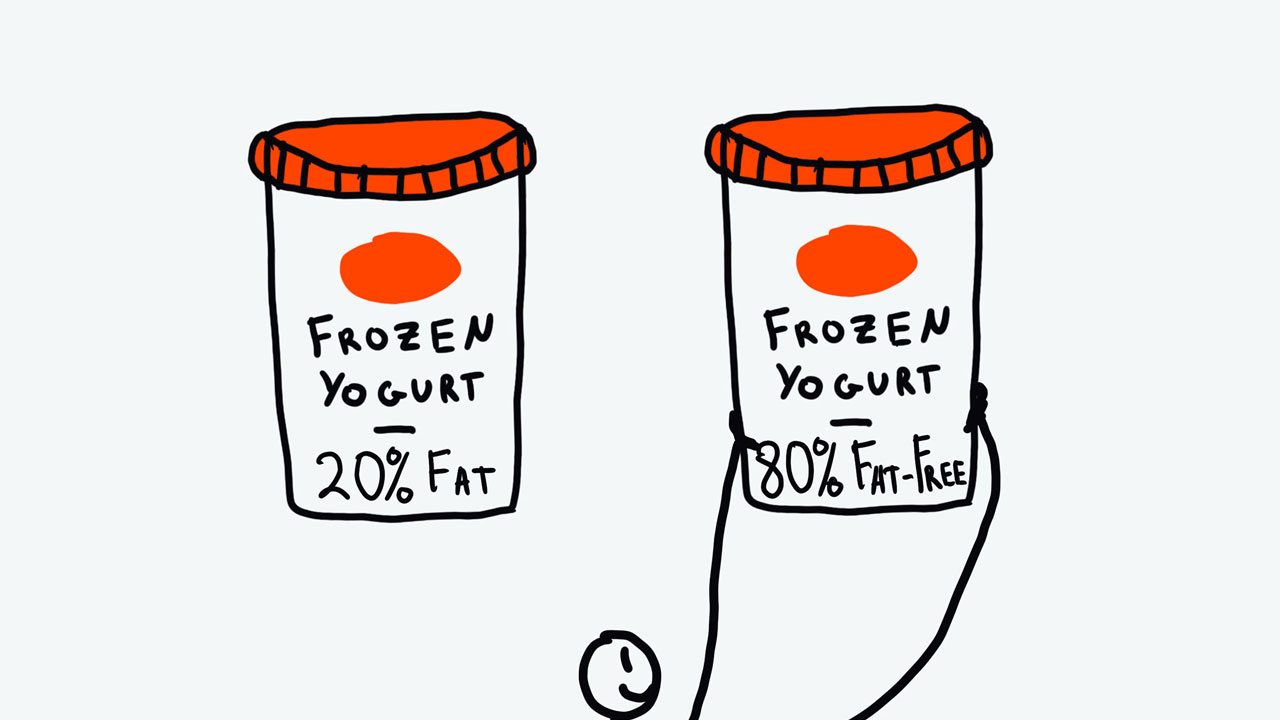
Stereotyping: I chose to buy a doll for my niece, after all, what else can the girl play with?

Out-of-group homogeneity effect: (from a PlayStation user not logged into Xbox environment) Xbox users are all alike

Authority bias: An acquaintance of mine who knows about investment business suggested …coin, so we should stick to it.
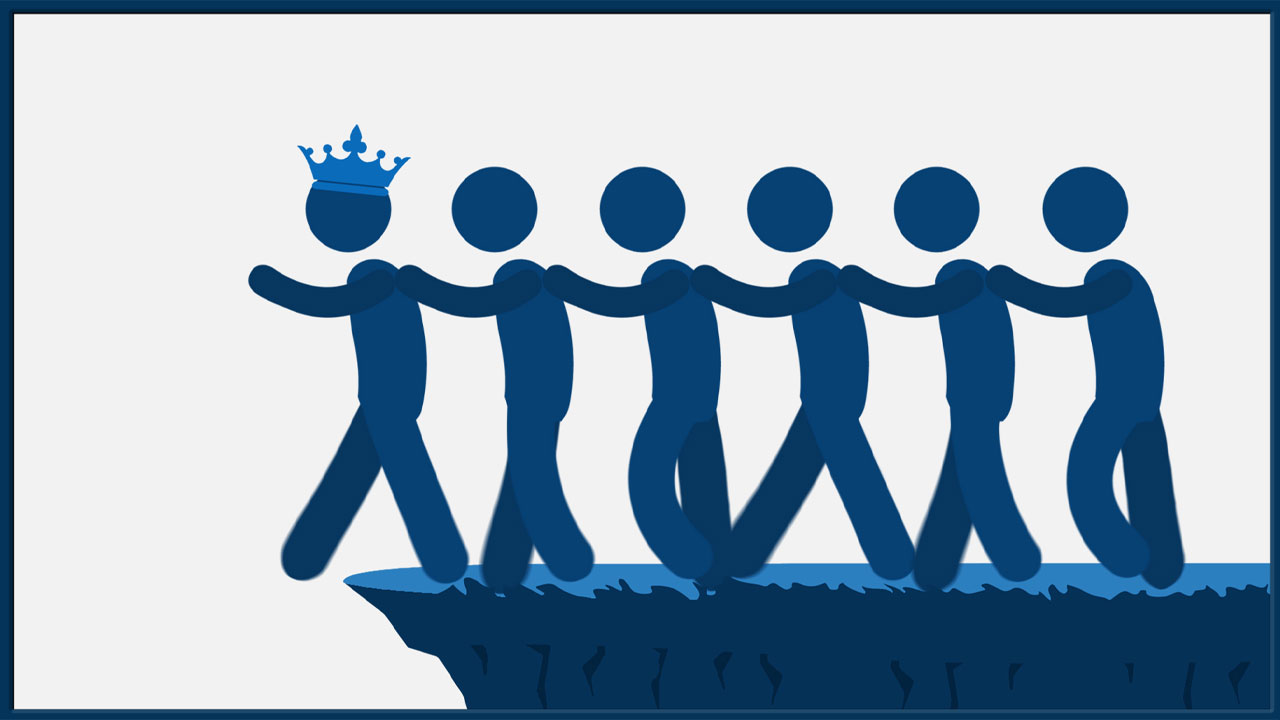
The placebo effect: If the treatment given is believed to reduce the pain, a small improvement is seen.
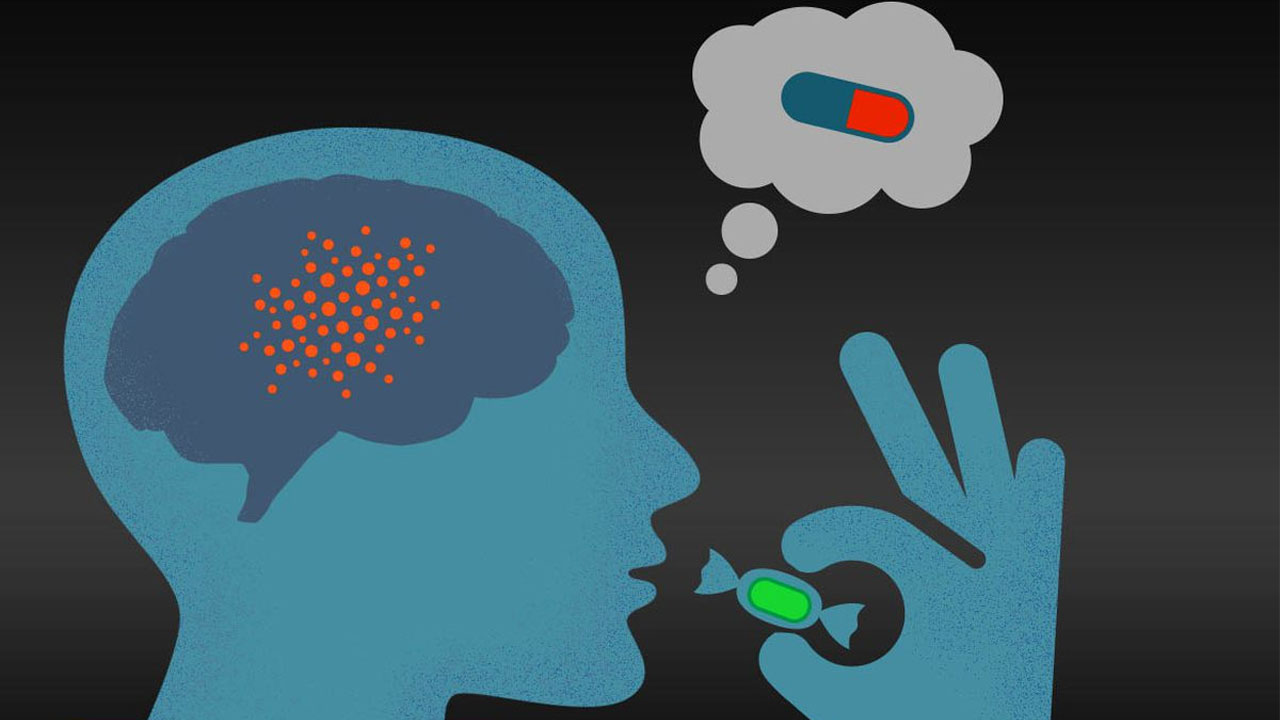
RELATED NEWS
Placebo Effects That Are Constant In Our Daily Life But We Don’t Notice
Survival bias: We ignore why business people fail and focus only on the stories of the successful.
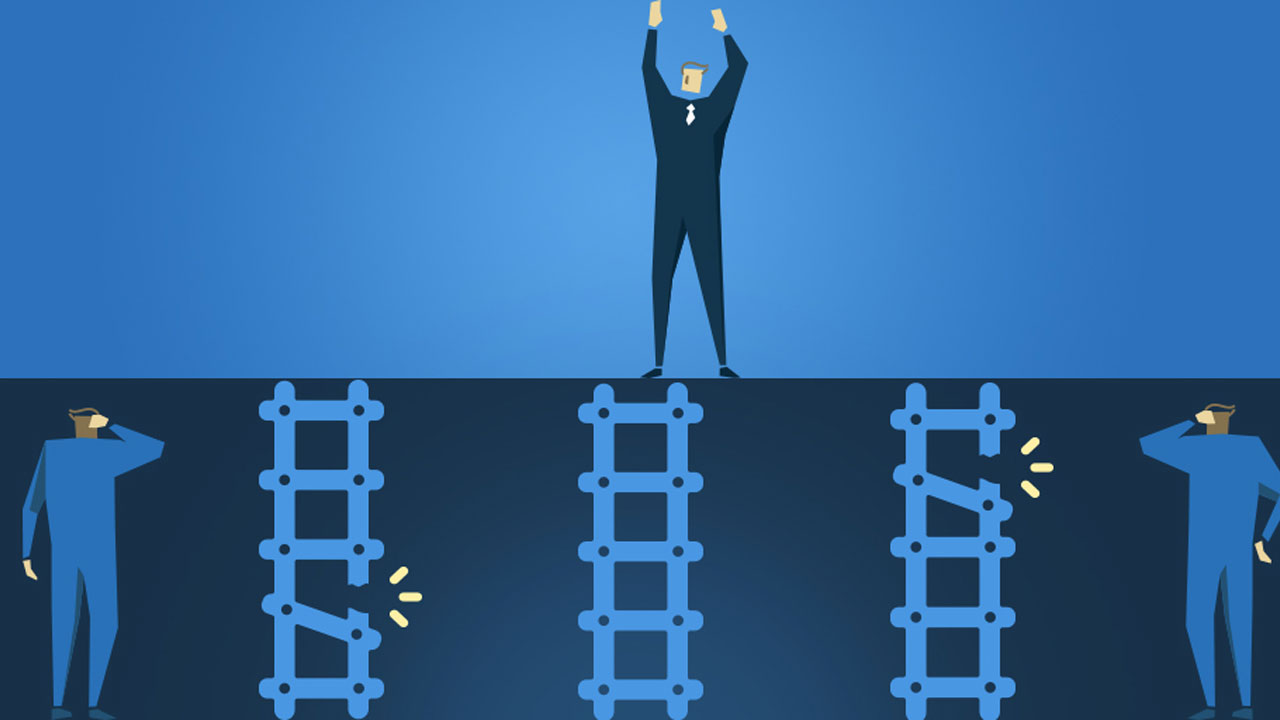
Tachypsychia: I felt time slowing down as I fell from there (The way we perceive time is situational)
The law of redundancy: In the game of city building and management, I went to the expense and added an iron to the side of the sidewalks, the people were not happy again (No, it has nothing to do with problems such as hunger and poverty)
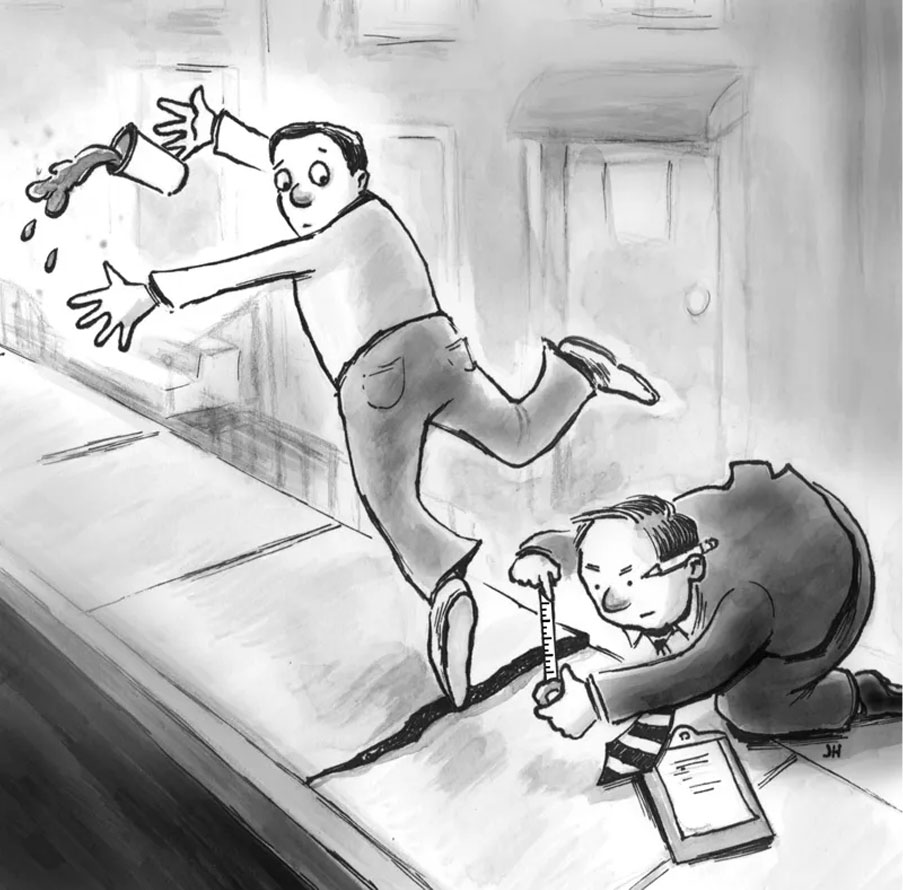
Zeigarnik effect: I don’t care if I have completed 9 quests, 1 of them is still there (Strive to complete your quests, but objectively consider your current status/progress)
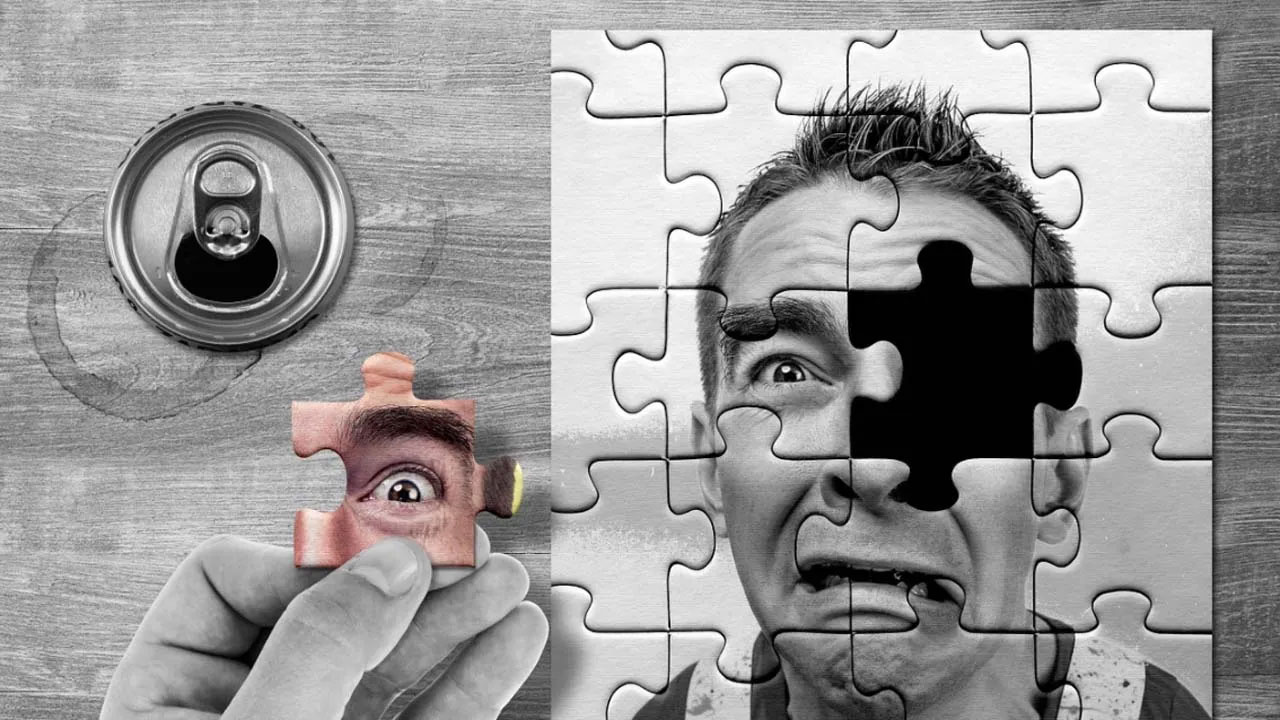
The IKEA effect: Aren’t my shoes adorable? I designed it myself on the Internet (We place more value on what we contribute to its finalization)

The Ben Franklin effect: When we do favors to people we dislike or are neutral, we warm up to them, albeit slowly.

The bystander effect: We tend to lessen our tendency to intervene when there are others around (Even just calling 112 doesn’t seem like it’s your thing)

Affectability: This situation, which is especially effective in children, means that it is easily influenced from the outside. What is said can just take a place in memory.
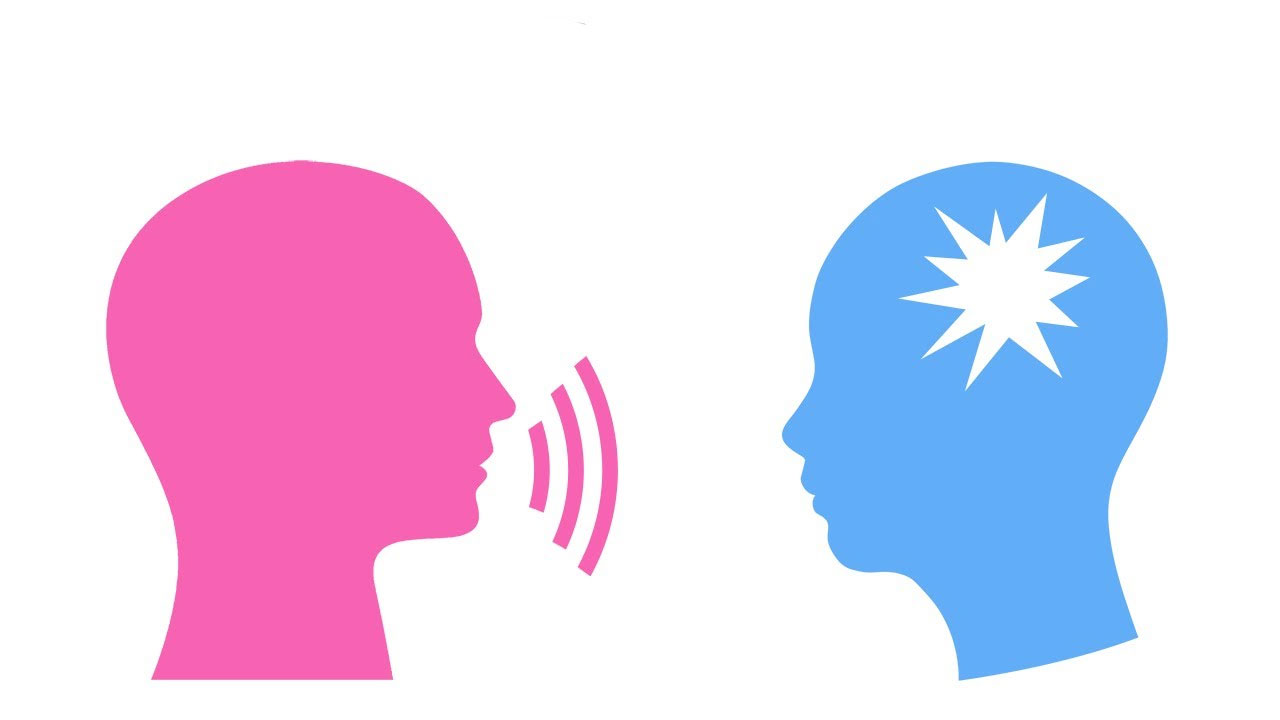
False memory: False memories formed in our memory replace the real
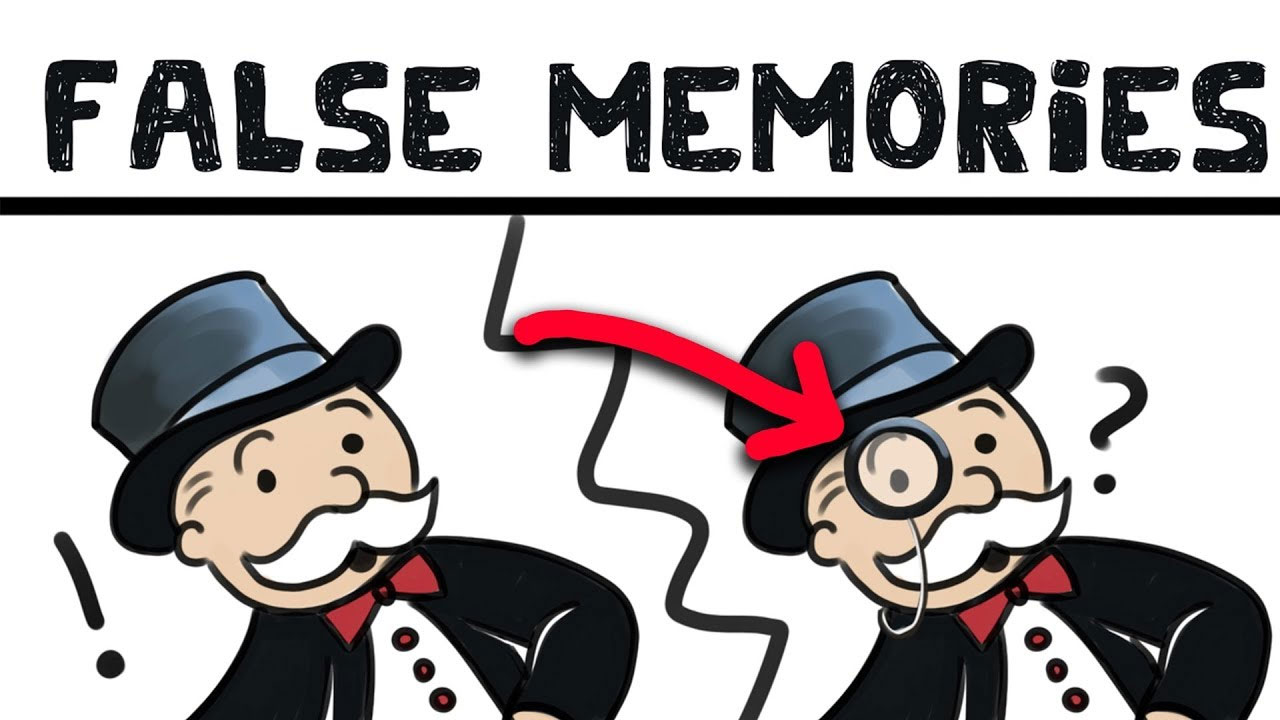
Cryptomnesia: A previously known thought is imprinted and stored in our memory, and when it comes up later, it seems to be our idea.
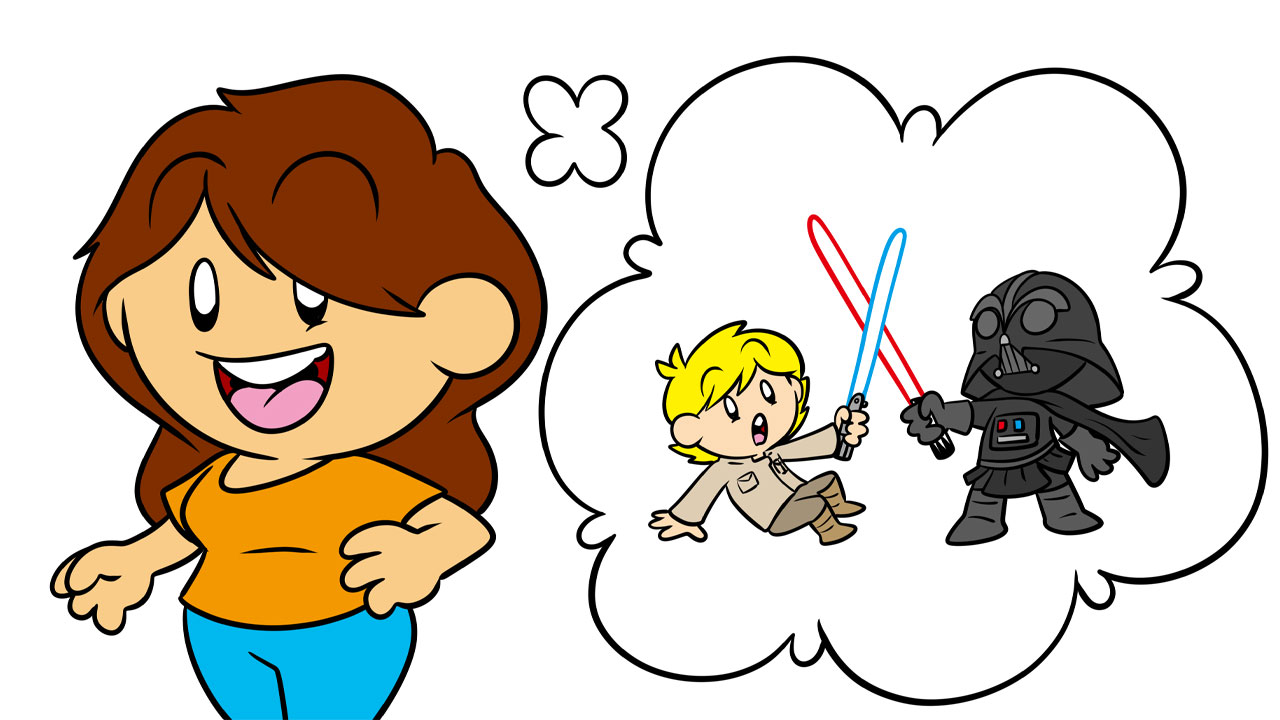
Clustering Illusion, which can be translated as Gathering Illusion: We try to look for order in situations where randomness prevails (like making clouds look like animals)

Negative bias: We are sometimes overly hopeful that things will turn out badly.
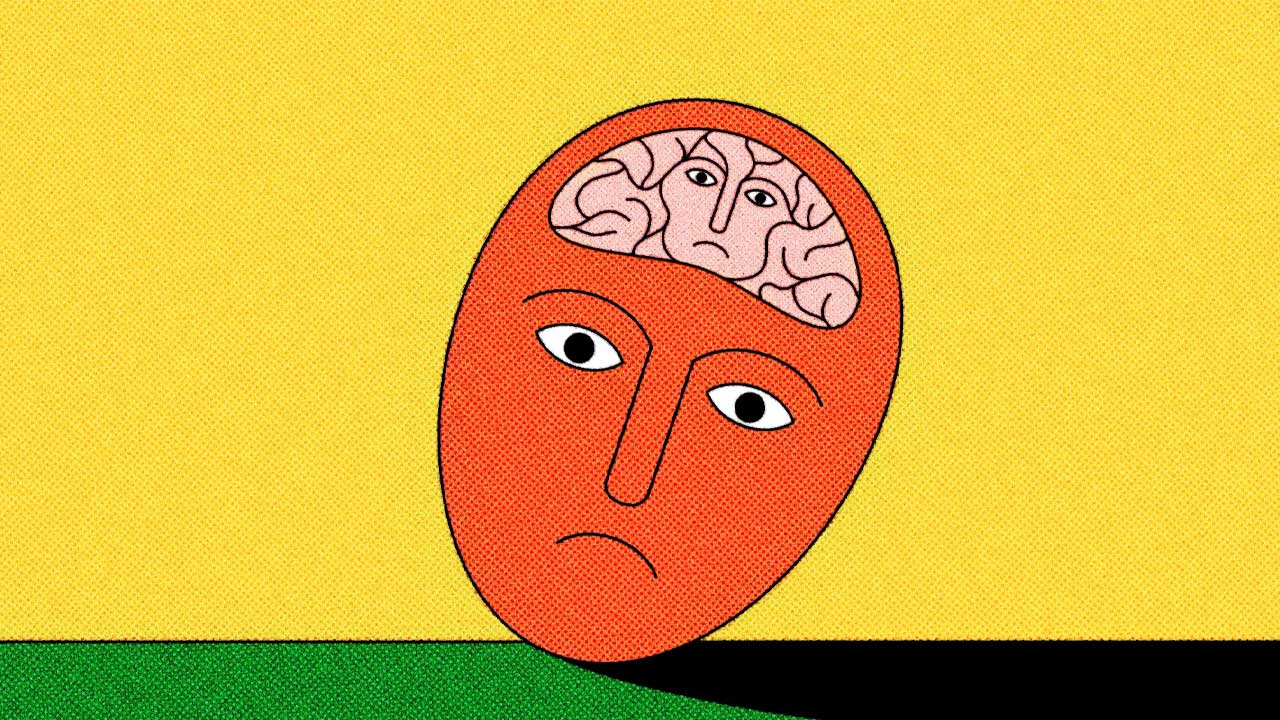
Positive bias: We are sometimes too optimistic about whether things will turn out well
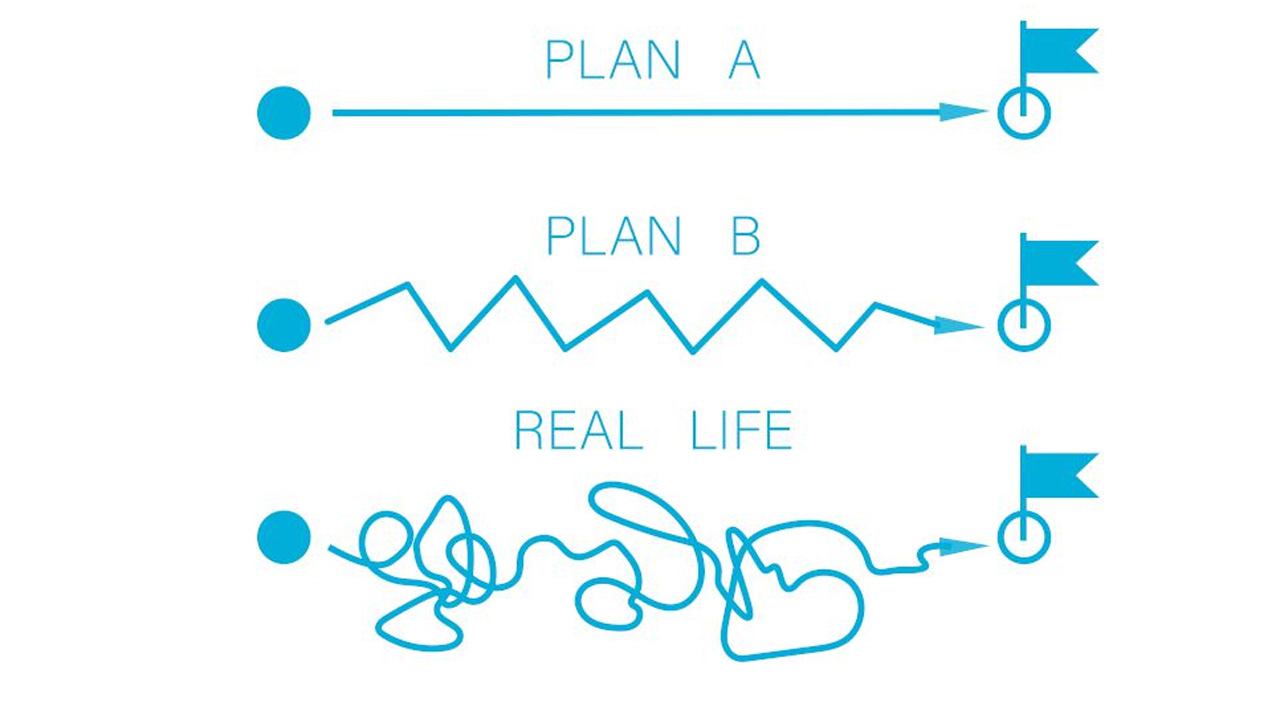
Finally, the Blind spot: We think we don’t have these distortions on us, but each one of them comes before our eyes (Be objective with yourself too)

RELATED NEWS
Ruling Russia for 34 Years by Making a Coup Against Her Own Husband. Katerina’s Life Story That Doesn’t Look Like Hürrem Sultan
We have explained 50 cognitive distortions in total, both with their explanations and with examples of thought. Do not forget that these are distortions caused by your environment, the way you were raised or brought up, and more. For this reason, if you want to get rid of them, you need to know yourself first.
resources: 12
